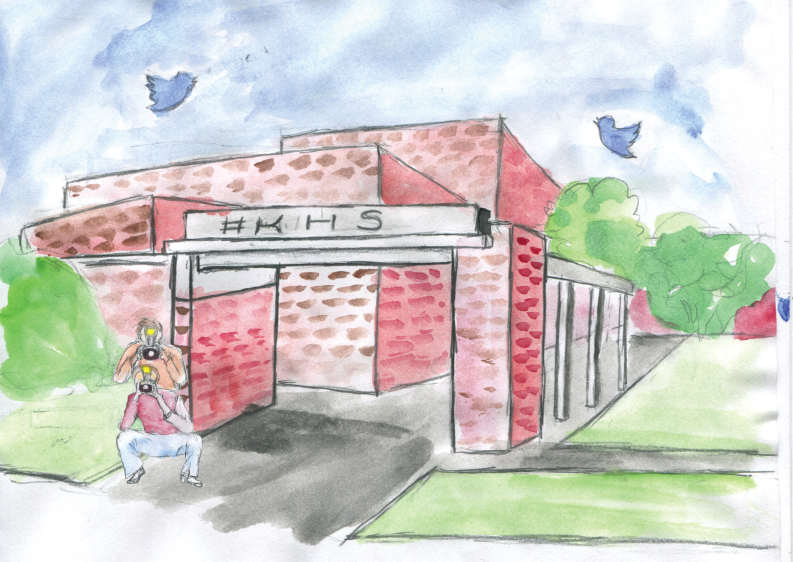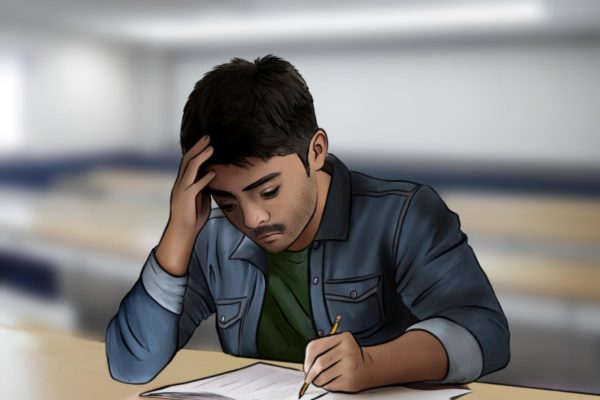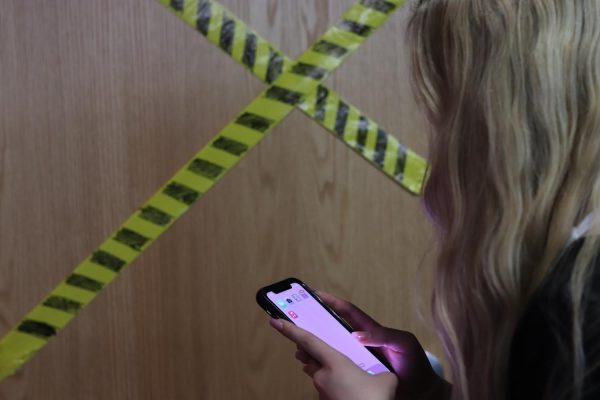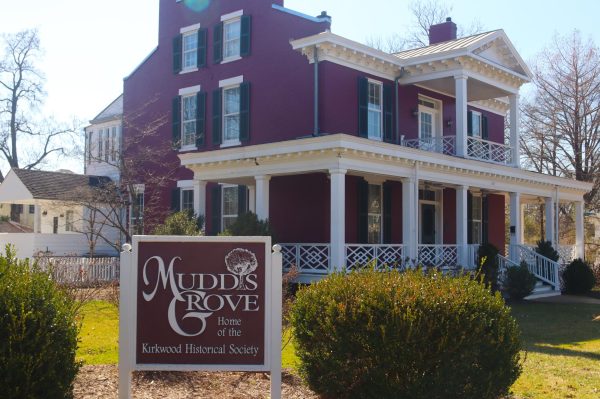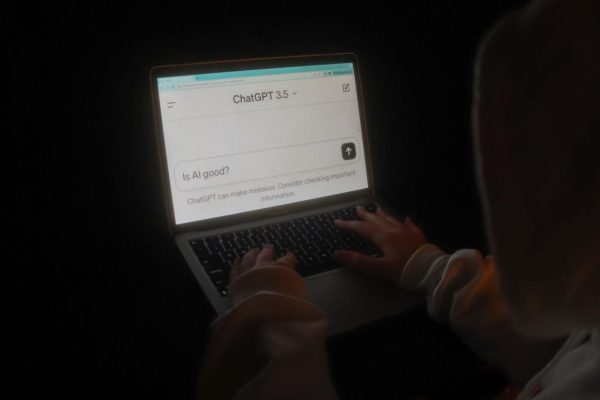#DoSomething
In 2006, a group of KHS boys went on Facebook and rated every junior girl on whether they would be good or bad in bed. After the list was printed and distributed in school, the boys were suspended for 10 days.
In 2012, a junior tweeted profanity at a teacher. Administration suspended the boy for three days. Within a month of that incident, two more students were punished for using Twitter in an inappropriate way.
In 2014, a sophomore girl posted pictures on an Instagram account called “Chickeneffer” of KHS students and private school students passed out drunk, hooking up, smoking or harassing other students. She was asked to delete the account. She did, and there was no further punishment.
In 2014, a group of senior boys made a mock draft of girls to take to the Friendship Dance. Although they deny it ever was a draft, their tweets say differently. They were asked to delete the tweets by senior class principal Romona Miller. There was no further punishment.
In a time where almost all of teen’s thoughts, feelings and actions are shared through social media, the administration needs to update their social media and cyber bullying policies.
The KHS student handbook has a section titled, “Refrain from Hazing and Bullying,” which states students must “refrain from making threats and harassing others. Every member of the school community is entitled to attend school free of harassment threats or fears. Any harassment is prohibited at Kirkwood High School.”
The account “Chickeneffer” posted a sexually abusive photo of a junior’s breasts, but since the student in the photo did not directly file a complaint against the harassment, no severe punishment could be implemented. Another one of the sophomores targeted on the account said she did not go to the administration because she just wanted to move past the incident and forget about it. She now regrets not having gone to administration, since there was no punishment for the girl in charge of the account.
Just as much as the administration needs to help the student body, students must also stand up. Students cannot solely count on administration to find these problems online, since most of them don’t even follow all the students on social media.
According to Principal Dr. Michael Havener, reported social media abuse must meet one of the following criteria: is it done on school computers or iPads, is it done during school hours, or is it done after school hours causing a disruption in school. Havener said that the account “Chickeneffer” almost caused a disruption in school.
With the Instagram account’s more than 150 pictures, the harassment was continuous and the girl had knowledge of what she was doing. The sophomore in charge of the account sent tweets like, “I take so much pride in Chickeneffer” and “Chickeneffer is a very exclusive account sorry.”
Dr. Mike Gavin, assistant principal, could not directly comment on the specific Chickeneffer incident but described the process of handling any student who gets harassed. He said one of the things the school should consider is seeing as to whether there is a consistent problem on social media that is not being addressed.
While consideration is admirable, there should not need to be multiple cases of online bullying for action from the administration. If one student is being harassed online, that should be enough for administration to change their policies.
After the senior boys posted on social media about the draft, administrators were made aware of the situation and asked the boys to delete any tweets relating to the draft or face a 10-day suspension.
The next day at school, two tweets remained and Miller had to again contact the boys and ask them to delete the tweets. Even though she had already warned them once, no punishment was implemented to the boys who had not deleted the tweets. By allowing the boys to get away with this social media abuse, the administration sets a precedence for others to do the same.
The administration reviews the handbook and revises areas they think have problems each summer. This summer, Miller said she would like to see the handbook link social media disruptions with other policies already covered in the handbook. Mike Wade, associate principal, said he would like to establish further what bullying means and try to move the punishment to a level four offense, indicating the student could be suspended anywhere from one to 10 days out of school.
This summer is not soon enough. The administration needs to stop and change policies now before any more harm can be done. Students who are now getting away with online bullying set an example for other students that these actions are okay.
Your donation will support the student journalists of Kirkwood High School. Your contribution will allow us to purchase equipment and cover our annual website hosting costs.

Grade: 12
Extracurriuclars: Call, YIG, KYS, Link Crew
What do you like about Call?: Brian Goyda
How would you describe yourself?: Thug
Favorite...


